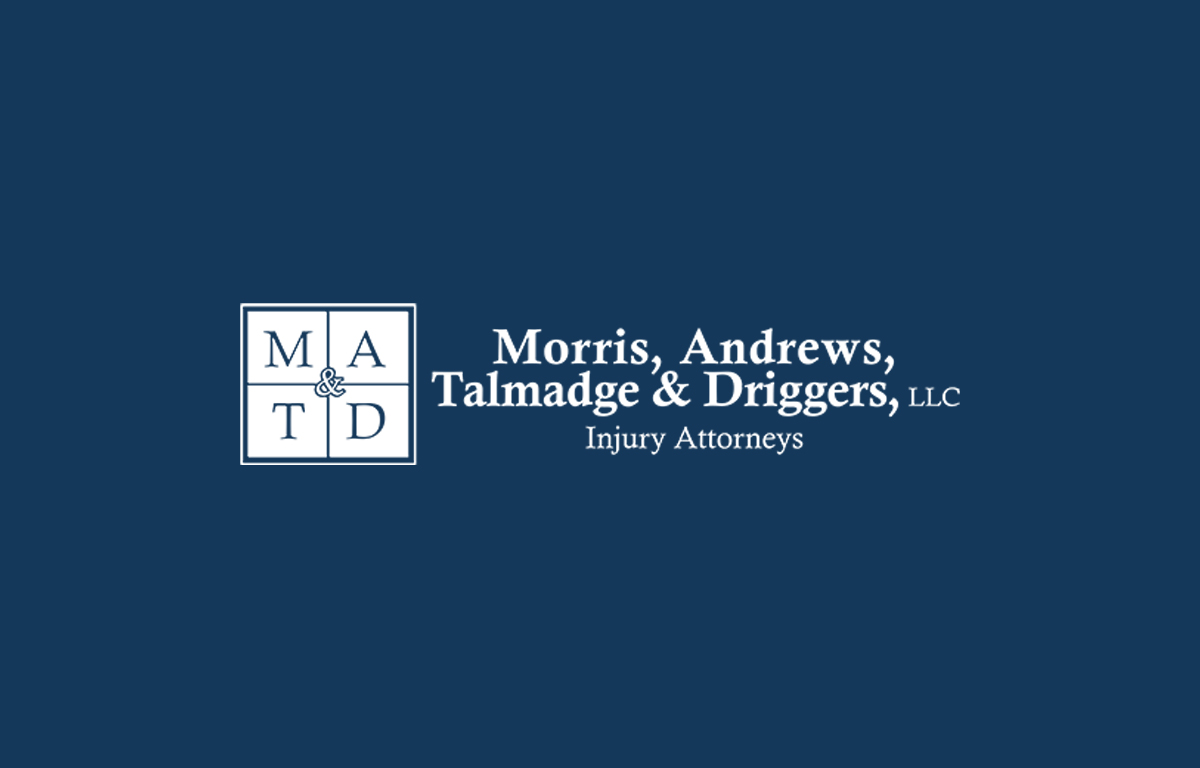Throughout the United States, premises liability laws hold property owners accountable for the safety of the areas over which they exercise control. This means that they could be subject to civil litigation if they have negligently failed to uphold this duty of care. It is important to understand that the specific nature of these laws will vary from state to state, however, so the Montgomery personal injury attorneys at Morris, Andrews, Talmadge & Driggers, LLC would like to ensure that you understand your rights if you were injured on someone else’s property in Alabama. Although premises liability laws encompass a wide variety of accidents—including those that are caused by inadequate security, negligent maintenance and dangerous pets—we would specifically like to address the steps that you can take to recover compensation after being involved in a preventable slip and fall accidents.
Slip and fall accidents can happen under a variety of different circumstances, but you would only be entitled to damages if you can prove that the property owner could have, and should have, taken measures to prevent it. In order to do so, you will need to show that a) the property owner was aware of the hazardous conditions, b) the property owner failed to take timely action and c) you were injured as a result. If any of these factors did not exist at the time of the accident, your chances of claiming damages could be jeopardized. For this reason, it is recommended that you document the scene of the accident, speak to any witnesses and contact a lawyer as soon as possible. In most cases, the property owner will move quickly to remove and/or remedy the dangerous conditions—effectively undermining any accusations that they had acted negligently.
Once you have established that hazardous conditions caused the slip and fall, however, you will still need to prove that the property owner had actual or constructive knowledge of the danger. Since most will take the route of denial in an attempt to shield themselves from liability, it may be up to you to make a case through circumstantial evidence. This can be done by showing that a) the dangerous conditions existed on the premises for an unreasonable amount of time or b) the hazardous conditions regularly existed on the property. Both would serve as legitimate evidence that the property owner was negligent in upholding their duty of care, as both would prove that the accident was foreseeable—and therefore, preventable. If you believe that you have valid grounds to seek compensation, we encourage you to discuss your case with a Montgomery injury lawyer today.


